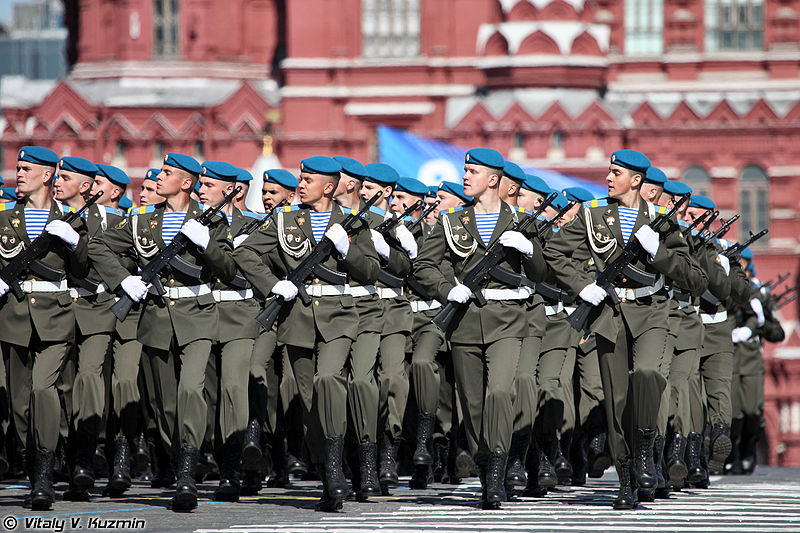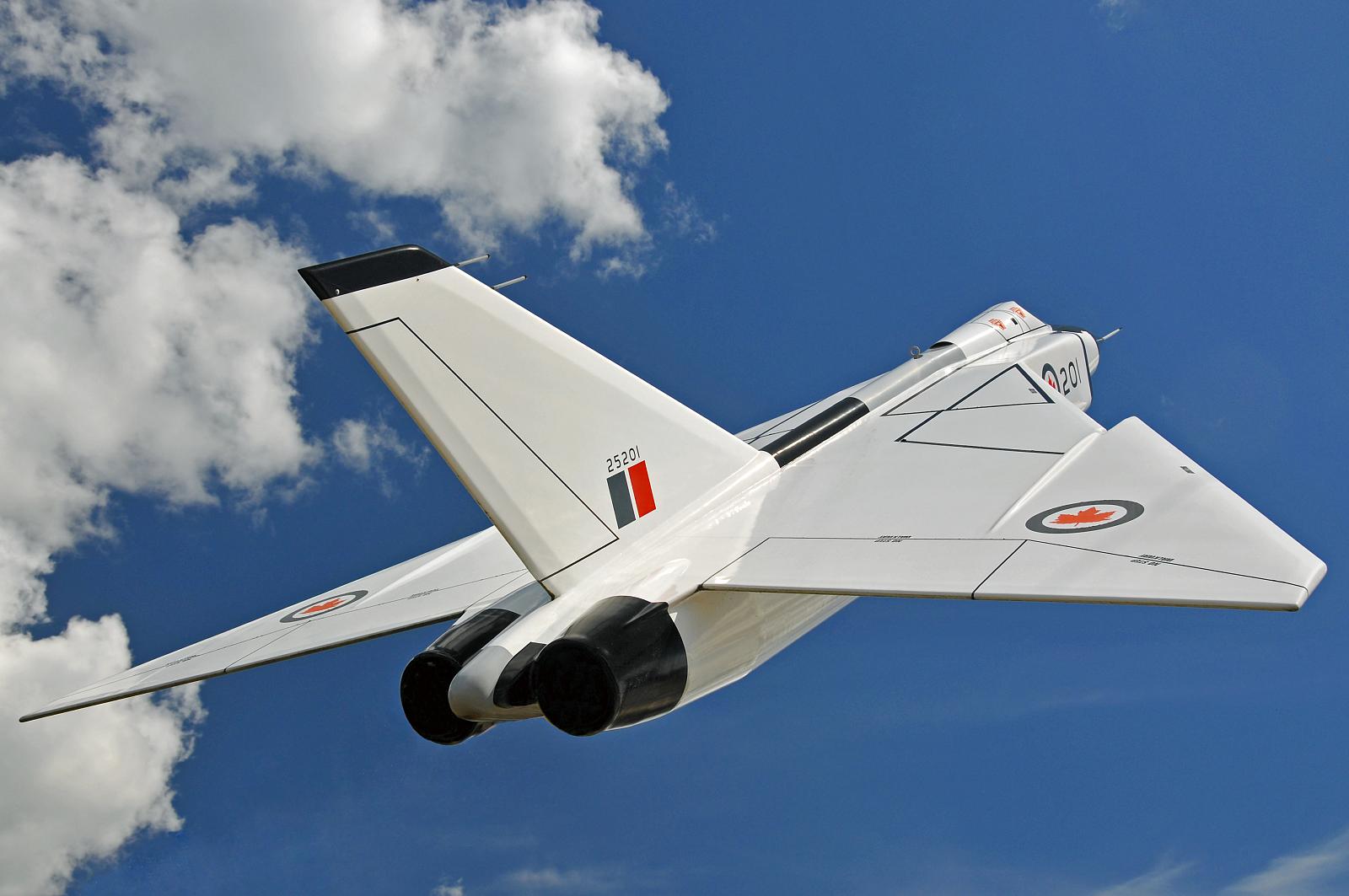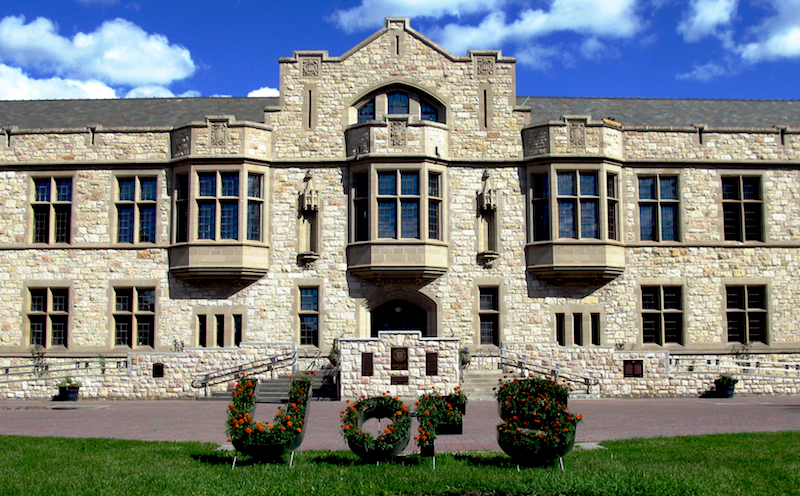The annexation of Crimea in 2014 was an action that sparked a new series of tensions between Russia and NATO. The countries that traditionally composed the Eastern and Western blocs had enjoyed a period of relative peace with each other following the conclusion of the Cold War. It is no secret that Russian aggression in Europe has risen considerably since 2014, and that Vladimir Putin is seeking to further his own agenda by any necessary means.
The North Atlantic Treaty Organization is the one group possessing the political influence and the defensive capabilities crucial to opposing Russian aggression and discouraging acts of violence in Europe. Through the mobilization of the military, through the containment of Russia, and through acts of diplomacy, Russian hostility in Eastern Europe can be effectively abolished.
It is crucial that the countries that once formed the Western Bloc remain united in their undertakings to defend each other from military threats. Canada’s contribution of armed forces personnel in Latvia is a symbol of the multinational strength that has been formed through NATO. Russia’s recent annexations have been relatively small scale, and they were against territories that pose no significant military threat to the country. In other words, Russian expansionism in Eastern Europe occurs because there is nothing to stop it from happening. Crimea was annexed because the foreign administration of Russia was aware that any infiltration of Crimea would not result in armed opposition from NATO.
As Russia flexes its military muscles, so must NATO. By increasing and maintaining a troop presence in the states bordering Russia, NATO can project that any Russian encroachment into member states will result in armed retaliation by the whole organization. Since Russia is, beyond doubt, not looking for another Great Patriotic War, mobilization by NATO forces in Eastern Europe will deter Russian hostility in that region.
Eventually, it was the internal containment of the Soviet Union that ended the Communist regime and consequently, the Cold War itself. Military readiness is a key factor in the defense of Europe, however measures must be implemented that serve to condemn hostile actions. These measures include the containment of Russia through economic sanctioning. The imposition of sanctions upon Russia has a negative effect on that country’s economy. These negative effects occur as a result of Russian military offensiveness. Once the country realizes that a pacifist approach to foreign policy issues would result in the lifting of sanctions, Russian political behaviour will become less aggressive. As NATO is multinational, the placing of sanctions on Russia by all member states and their allies will have tremendous repercussions on the Russian economy. Such repercussions will force Russia to adapt its behaviour to make it increasingly peaceful.
Although it is logical to assume that it is in nobody’s interest to cause an all-out war between what once was the East and the West, the future consequences of the new Cold War should not be underestimated. Therefore, it is vital to resolve disputes between NATO and Russia through diplomatic methods rather than resorting to warfare. Ceasefires like the ones implemented in Ukraine are beneficial because they reduce violence in an area. A lull in the firing allows for officials to negotiate terms for a deal that can satisfy all the parties involved. Although peaceful deal-making can take substantial amounts of time, it is much more sustainable than warfare.
Europe is a continent that has been plagued by warfare for centuries; however in recent history, the powers of this peninsula have enjoyed a period of relative peace. This newly found stability should not be compromised by the shortsightedness of Russian authority. The security of the continent depends on the actions of NATO. It is NATO’s duty to protect member states of the organization, especially those sharing a border with Russia. To counter the looming concern of Russian aggression, NATO ought to develop a sizeable troop presence in Eastern Europe. Such groups would act as displays of NATO’s might, and would discourage potential Russian combat operations. The member countries of NATO and their allies should enforce economic sanctions on Russia. Such methods of containment would work to discourage Russian hostility by weakening that country’s economy.
Although NATO is a military defence organization and must be ready for war, its members should be prepared to counter any hostile deeds through diplomatic means. Deals must be made before blows are struck. Through these actions, NATO has the ability to limit Russian aggression to a minimum and maintain peace throughout Europe. Why allow the political stability between the East and the West to crumble into disarray?
Photo: Military Parade Belgrade (2014), via Wikimedia. Licensed Under CC BY-SA 4.0.
Disclaimer: Any views or opinions expressed in articles are solely those of the authors and do not necessarily represent the views of the NATO Association of Canada.




